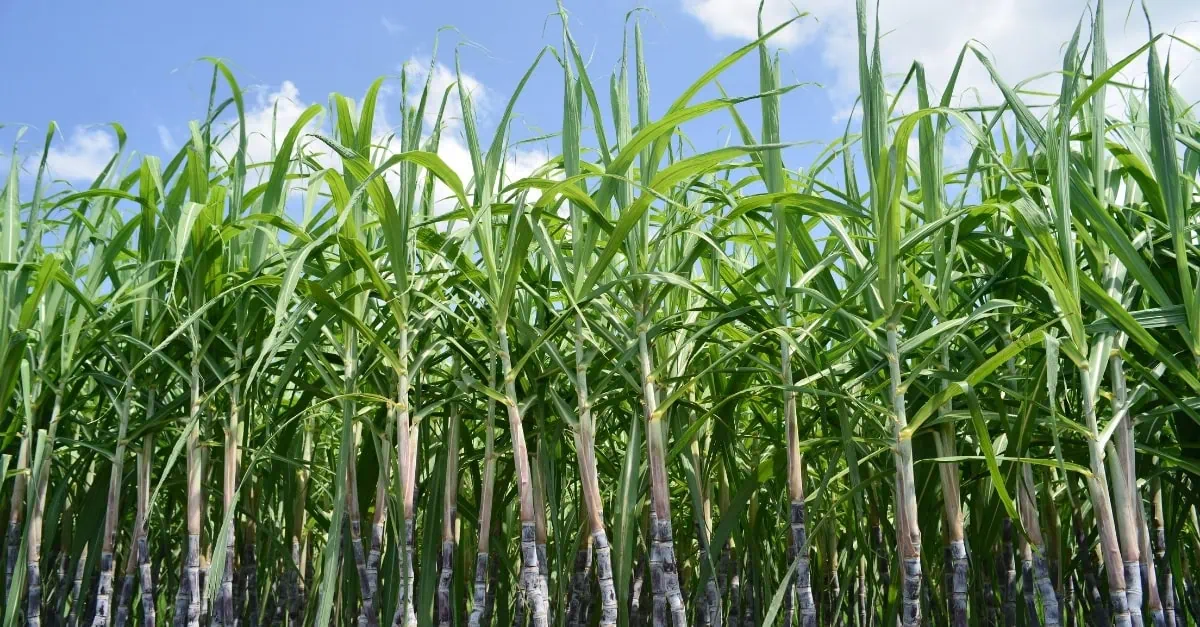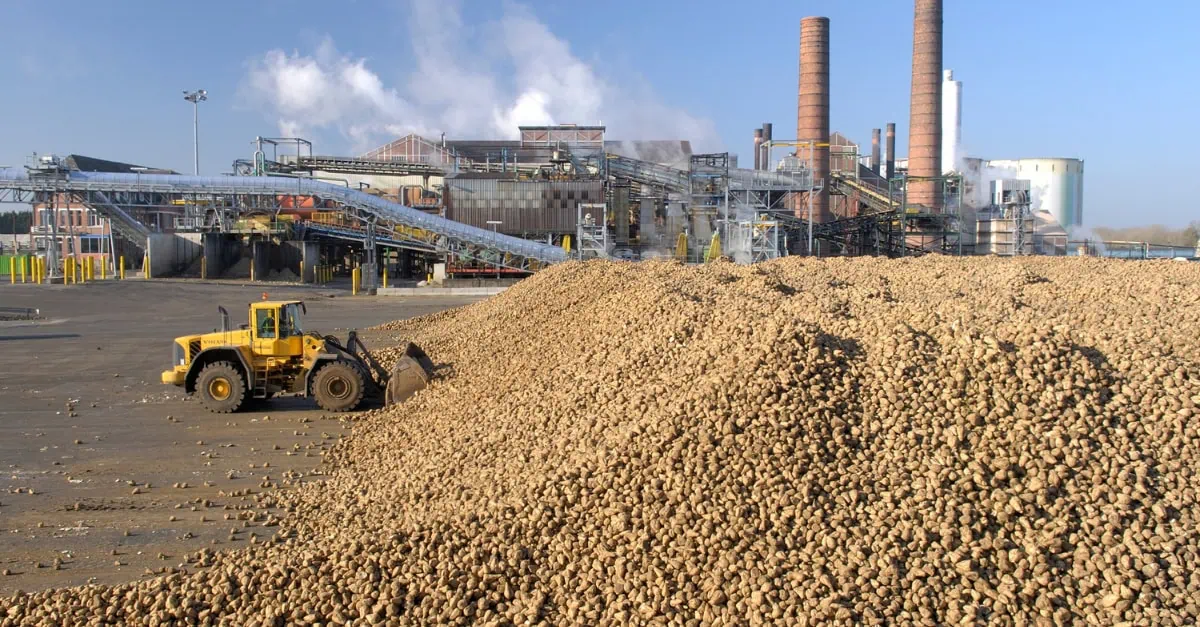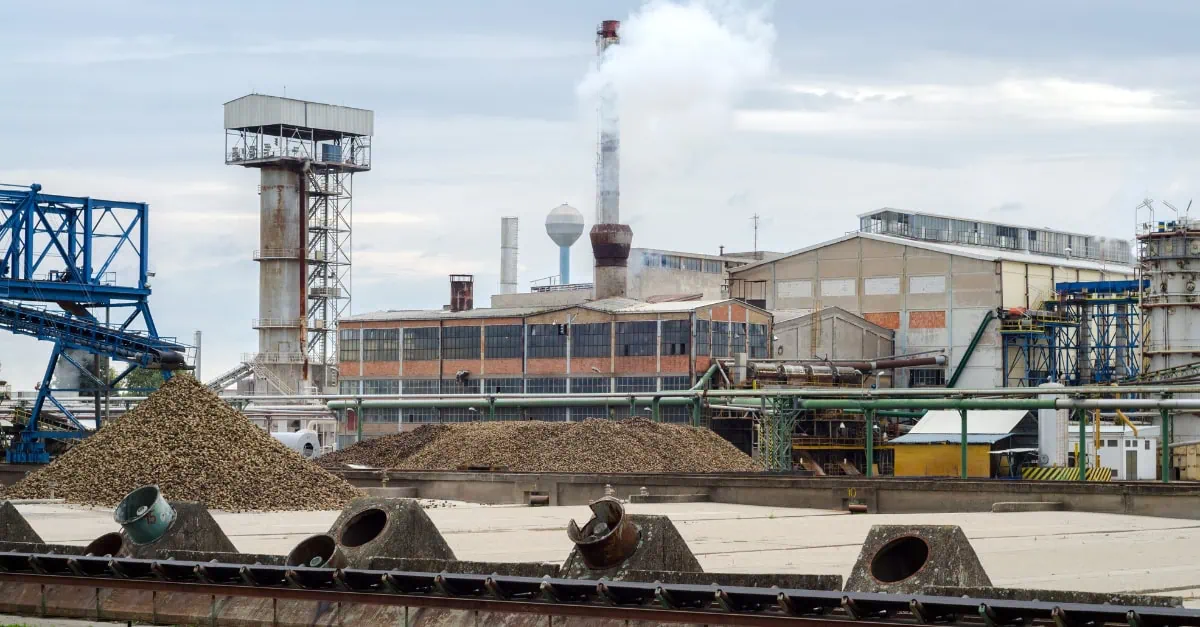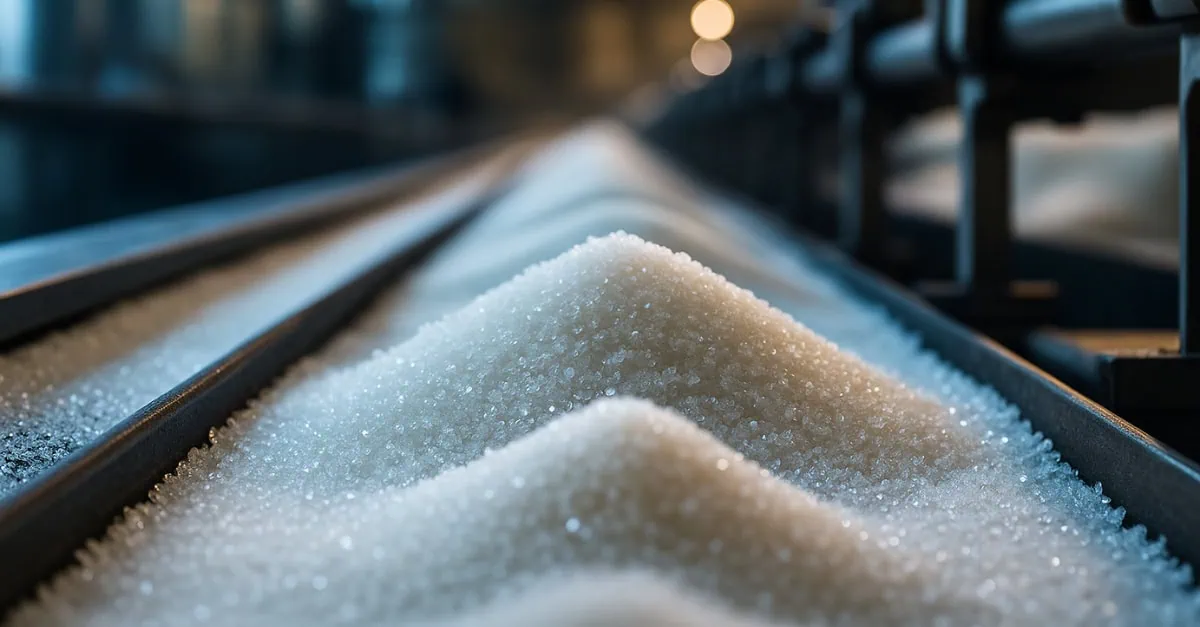The European sugar market has experienced a dramatic correction over recent months, with prices declining more than 20% since May. Bulk ex works beet belt sugar is currently valued at €475/tonne, while Poland ex works trades at €450-455/tonne, and Iberia and North Italy are positioned at €510-520/tonne on a DDP basis.
This sharp decline has pushed European beet sugar prices below import parity levels. Current calculations show that refined sugar from imported raw sugar would cost approximately €507/tonne ex refinery, making domestic European production significantly more competitive than imports for the first time in months.
Exceptional yields across major producing regions
The price decline coincides with reports of exceptional harvest yields across major European sugar beet producing regions. In Germany, the national sugar organisation WVZ has forecast an average sugar content of 17.6° and a yield per hectare of 80.8 tonnes. Production estimates for the season stand at 4.4-4.5 million tonnes of sugar. Suedzucker has reported that their beet has not been as badly affected by RTR and SBS diseases as initially feared.
French farmers are also reporting excellent yields in many regions, though results vary across beet growing areas. Agreste estimates average yields at 86.3 tonnes per hectare, with total beet production reaching 34.2 million tonnes. This represents a 5% increase compared to last season and sits 10.2% above the five-year average. French production is projected at around 5 million tonnes of sugar plus 600,000 tonnes of ethanol.
In the Netherlands, sucrose content is averaging 17.2°. However, French yields range widely from 100 tonnes per hectare down to as low as 40 tonnes in areas impacted by virus yellows and drought stress. The best yields were recorded in fields sown early in the spring planting window.
Multiple factors influence market dynamics
Beyond the strong harvest, several market dynamics have contributed to the downward price momentum. Buyers have adjusted their purchasing strategies, moving away from bulk purchases as the internal European market has become more closely correlated to world market prices. This increased transparency has made it easier for procurement managers to track pricing and time their purchases more strategically.
The emergence of a significant secondary market in world sugars has also influenced pricing. Exports from Northern Europe and the Baltic, followed by imports from the world market into Southern Europe, have created pricing distortions within the single market.
Contract renegotiations and cancellations by end users in a falling market have added to downward momentum. Processors have been forced to resell at lower prices in some cases, though the fragmented nature of the market makes it difficult for producers to coordinate responses to such practices.
GLP-1 drugs create demand uncertainty
Weight loss medications utilizing GLP-1 receptors continue to generate attention within the sugar industry. In the UK, an estimated 1.6 million people currently use these drugs, though only 200,000 use them for their original diabetes treatment purpose. Questions remain about the long-term affordability of these medications for lower income users and whether usage driven by short-term weight loss goals represents a temporary trend or sustained demand shift.
Market outlook and structural changes
Despite the current price weakness, analysts suggest that prices may have overshot fair value. Even with recent declines in the NY#11 futures market, imports remain significantly more expensive than European beet sugar at current levels.
The market is also undergoing structural changes. Tereos has proposed reducing contractual lengths for beet growers from five years to three years, a move aimed at aligning asset conversion cycles more closely with market movements. This change would provide more flexibility in determining planted areas, though some growers express concern about potential idle equipment for which loans must still be repaid.
On a positive note, ethanol currently provides a better return than sugar, though processing capacity constraints limit the ability to switch production. However, speculation suggests that upcoming French national budget proposals could include significant tax increases on biofuels, with some estimates indicating increases of 400% over three years
This article is derived from our full market analysis on the European sugar market. For the comprehensive market report, visit: https://app.vespertool.com/market-analysis/2370





